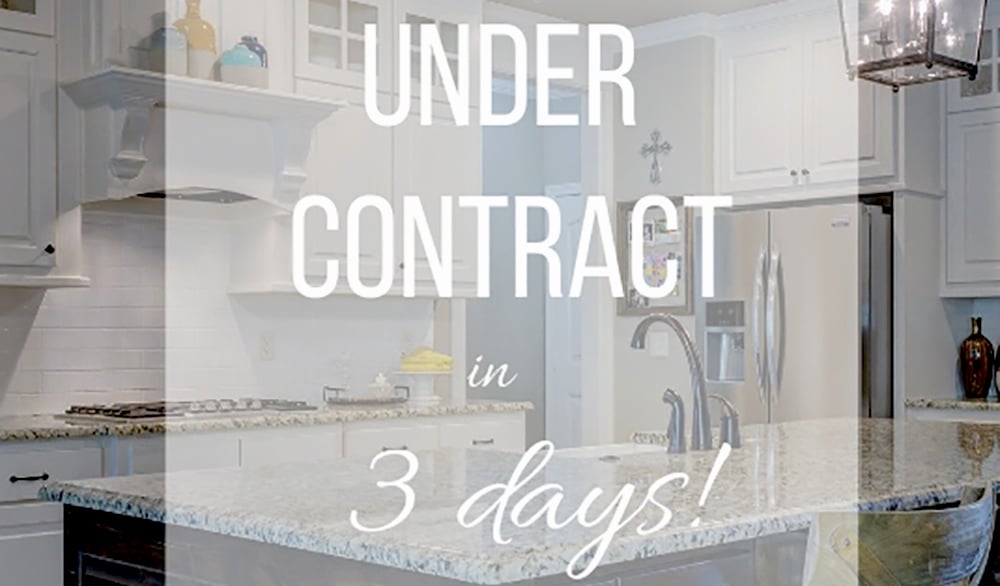Real estate jargon. We’re guilty of using it.
When you work in the industry for years and even decades, the industry language becomes second nature to you. This goes for any industry, not just real estate.
Realizing this, I’m taking a step back to more clearly define a few terms that buyers and sellers are experiencing frequently these days: “Under Contract” vs. “Contingent” vs. “Pending”.

Under Contract
A home is considered under contract when the buyer submitted an offer to buy the property and the seller has accepted the offer. This means that both parties have committed themselves to proceed with the transaction, and it will proceed once any contingencies are met or waived by either party.
If a property is under contract, there is a chance that the deal can fall through due to unforeseen circumstances. In some cases, you may still be able to make an offer on a property listed as under contract. We call these “backup offers”.
Contingent
Once your home is under contract, but some contingencies need to be met, your property is considered contingent. A contingency is anything that needs to happen before the deal can actually take place.
Typical contingencies include financing (i.e. waiting to be approved, waiting for the appraisal, etc.), and home inspections (including pool or seawall inspections, pest inspections, etc.). Once those contingencies have been met, the deal can continue as planned into the “pending” status.

Pending
Now that the seller and the buyer have agreed to each other’s terms and all contingencies have been met, the home is marked as pending. The deal hasn’t closed yet, but being in the pending stage is the finish line of the deal.
While there is a chance that a property with the pending status can return to the market due to an unforeseen circumstance, the chances are lower at this stage.
